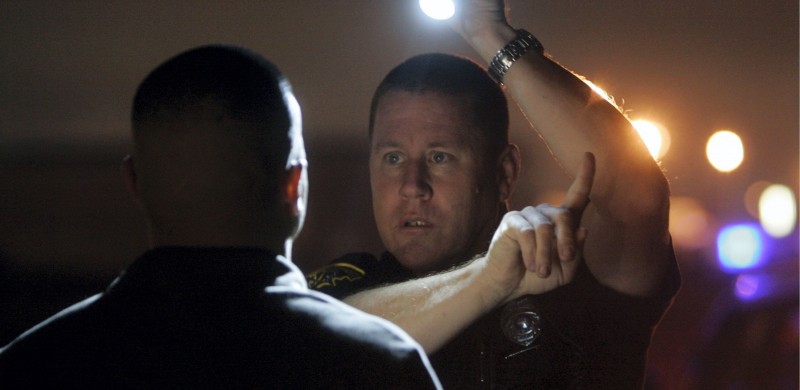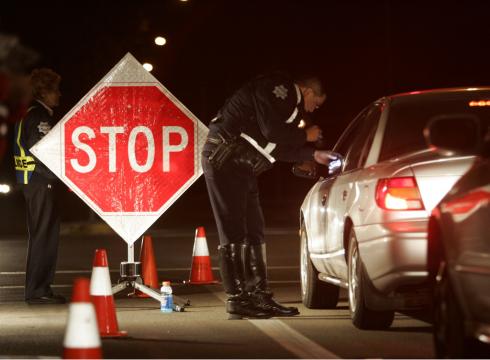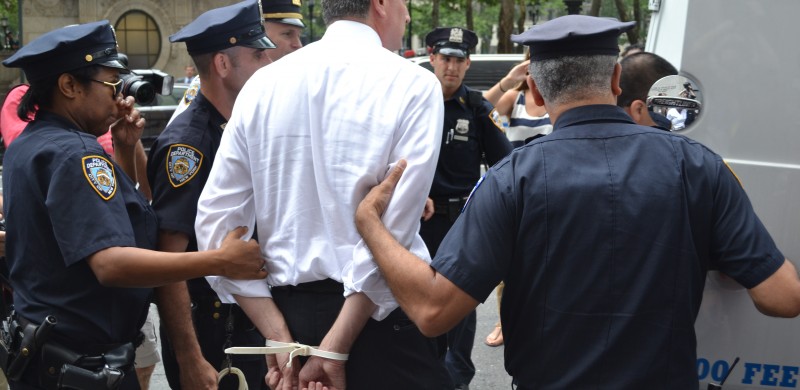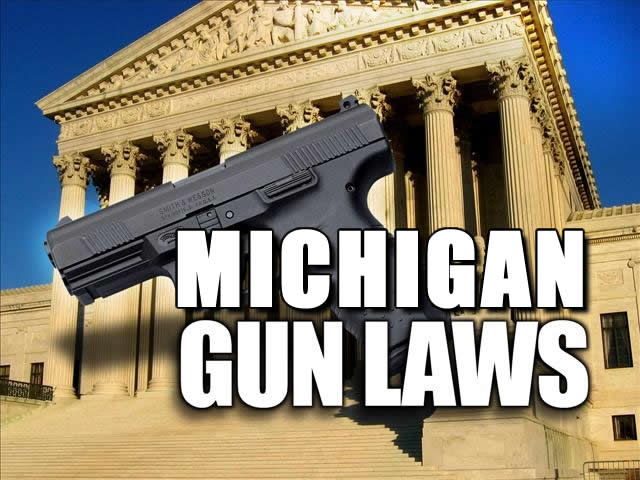Navigating the Witness Box: A Look at Michigan Rules of Evidence 601-615
In the courtroom, witness testimony plays a crucial role in unveiling the truth and determining the outcome of a case.
However, not everyone can simply walk into the courtroom and take the stand.
Michigan Rules of Evidence 601-615 establish a framework for determining who can testify, what they can say, and how their testimony is presented. This article delves into these rules, providing a factual overview based on the Michigan Rules of Evidence Handbook.
Have your rights been violated?
Have your driving priviledges been revoked?
Has your professional license been suspended?
Second Amendment rights taken away?
Have you been charged with a crime?
Call our office to see if we can help
Komorn Law 248-357-2550
Rule 601: Competency to Testify
This fundamental rule establishes a presumption of competency, stating that “every person is competent to be a witness.” This means that anyone, regardless of age, background, or mental capacity, can potentially take the stand. However, the rule also acknowledges exceptions. The court may find someone incompetent to testify if they lack “sufficient physical or mental capacity or sense of obligation to testify truthfully or understandably.” This determination usually involves questioning the witness and assessing their ability to perceive, recall, and communicate relevant information accurately.
Rule 602: Need for Personal Knowledge
Just because someone is competent doesn’t mean their testimony is automatically admissible. Rule 602 requires witnesses to have “personal knowledge” of the matters they are testifying about. This means they must have directly observed, heard, or experienced the events they are describing. Hearsay, or secondhand information, is generally not admissible under this rule. However, there are exceptions for certain types of hearsay evidence, such as business records or statements made under specific circumstances.
Rule 603: Oath or Affirmation
Before taking the stand, every witness must swear or affirm to tell the truth. This oath or affirmation serves to impress upon the witness the importance of their testimony and the potential consequences of lying. The form of the oath or affirmation can be adapted to accommodate the witness’s religious beliefs or cultural background.
Rule 604: Interpreter
When a witness doesn’t speak English fluently, an interpreter is needed to ensure accurate communication. Rule 604 requires interpreters to be qualified and to take an oath or affirmation to faithfully translate the witness’s testimony. The court has the discretion to appoint and supervise the interpreter to ensure fairness and accuracy.
Rule 605: Judge’s Competency as a Witness
To maintain impartiality and prevent conflicts of interest, Rule 605 prohibits the presiding judge from testifying as a witness in the same case. This applies even if the judge has relevant personal knowledge of the events in question. If the judge becomes a necessary witness, they must recuse themselves from the case.

Rule 606: Juror’s Competency as a Witness
Similar to the judge, Rule 606 restricts juror testimony in certain situations. Jurors may not testify before the other jurors during the trial, as this could influence their deliberations. Additionally, during an inquiry into the validity of a verdict or indictment, jurors are barred from testifying about their own mental processes or the deliberations of the jury. This protects the sanctity of the jury room and prevents tampering with the verdict.
Rule 610: Ruling on Hearings on Competency and Privilege
When questions arise about a witness’s competency or a claim of privilege, the court conducts a hearing outside the presence of the jury. This allows the judge to make a fair and informed ruling without influencing the jury’s perception of the witness or the evidence.
Rule 611: Mode and Order of Examining Witnesses
Rule 611 governs the manner in which witnesses are questioned. It allows each party to present their case through direct examination of their own witnesses and cross-examination of the opposing party’s witnesses. The court also has the authority to question witnesses to clarify or expand on their testimony.
Rule 612: Writing Used to Refresh Memory
Sometimes, witnesses may need to refresh their memory before or during their testimony. Rule 612 allows witnesses to use writings, such as notes, memoranda, or recordings, to recall past events. However, these writings themselves are not admissible as evidence unless they qualify under another rule.
Rule 613: Prior Statements of Witnesses
In certain circumstances, prior statements made by a witness outside of court can be used to impeach their credibility or explain inconsistencies in their testimony. Rule 613 outlines the conditions under which these prior statements can be admitted as evidence.
Rule 614: Calling and Examining Adverse Parties
This rule allows a party to call the opposing party as a witness during their own case. Additionally, it permits thorough questioning of the adverse party, even on matters that may be unfavorable to the party calling them.
Rule 615: Excluding Witnesses
To ensure fairness and prevent witnesses from tailoring their testimony to what they have heard from others,
Important:
This article provides a simplified overview of the Michigan Rules of Evidence for informational purposes only. It should not be interpreted as legal advice. When facing legal matters, always consult with a qualified attorney for professional guidance.
The Michigan Rules of Evidence are subject to change over time. Always consult the latest official version for accurate information.
Here is the link to the Michigan Rules of Evidence Handbook. Check the footer for the latest update.
Related Articles
No Results Found
The page you requested could not be found. Try refining your search, or use the navigation above to locate the post.
More Posts

Arrests for DUI’s on the Rise
By Michael Komorn Arrests for DUI’s have been on the rise across Michigan. This trend could drastically increase as The National Transportation Safety Board (NTSB) has called on state authorities to reduce the legal limit to 0.05 percent. Currently, all 50 U.S. states...

US District Court Judge rules police cannot enter a car without a warrant to facilitate a drug dog sniff
Federal Judge Applies GPS Ruling To Drug Dog Traffic Stop By Michael Komorn Last week, a judge with the US District Court for the Southern District of West Virginia applied the precedent to the common police practice of “permeation” where a police officer enters a...

Drug Checkpoints: Unconstitutional
By Michael Komorn The Supreme Court ruled in City of Indianapolis V. Edmund that drug check points are unconstitutional. So what happens when you see one on the highway? Keep calm and carry on. Police, especially in the Mid-west, have been using drug check points as a...

Knowing When to Exercise Your Rights
Remember, even if you are doing nothing wrong, there are a number of different outcomes that can occur from a police encounter. The short list includes: 1) No action, no problems; 2) A warning or citation; 3) An arrest and/or criminal charges. Exercising your rights...

Why Police Lie Under Oath
Thousands of people plead guilty to crimes every year in the United States because they know that the odds of a jury’s believing their word over a police officer’s are slim to none. As a juror, whom are you likely to believe: the alleged criminal in an orange jumpsuit...

What Did I Just Get Charged With?
Below is a list of common drug offenses as defined by the State of Michigan. If it is your second offense, it is important you read statute 333.7413 below. 333.7413 Conviction of second or subsequent violation; penalty....








